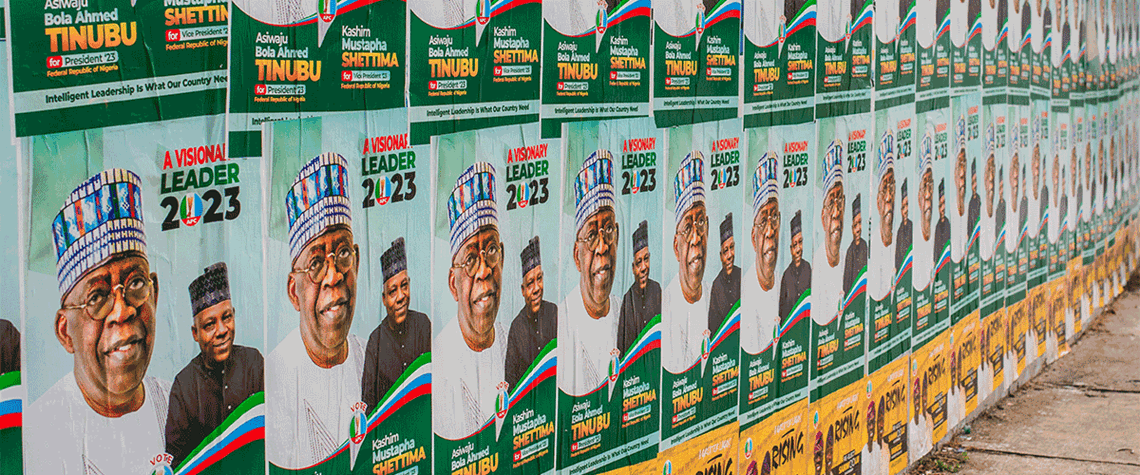Nigeria heads for crucial elections
The country’s next president faces an uphill battle to revive the struggling oil and gas sector
Recent years have not been kind to Nigeria’s oil industry. New investment has slowed to a trickle amid a seemingly never-ending struggle with pipeline vandalism and oil theft. International players have largely divested onshore assets, preferring the relative safety of offshore fields. Production fell below 1mn bl/d last August, its lowest level for over 30 years. President Muhammadu Buhari has been unable to halt the industry’s decline during his eight years in power, although he did secure the passage of major regulatory reforms in 2021. The 80-year-old Buhari is now preparing for retirement; Nigerians will go to the polls to elect his successor on 25 February. The leading candidates inclu

Also in this section
4 March 2026
The continent’s inventories were already depleted before conflict erupted in the Middle East, causing prices to spike ahead of the crucial summer refilling season
4 March 2026
The US president has repeatedly promised to lower gasoline prices, but this ambition conflicts with his parallel aim to increase drilling and could be upended by his war against Iran
4 March 2026
With the Strait of Hormuz effectively closed following US-Israel strikes and Iran’s retaliatory escalation, Fujairah has become the region’s critical pressure release valve—and is now under serious threat
3 March 2026
The killing of Iran’s Supreme Leader Ayatollah Khamenei in US–Israeli strikes marks the most serious escalation in the region in decades and a bigger potential threat to the oil market than the start of the Russia-Ukraine crisis







